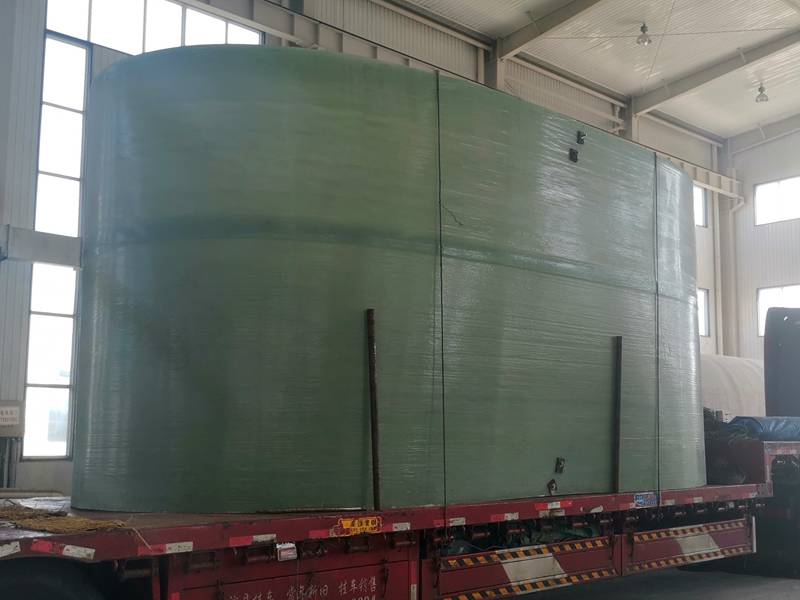
-
 Afrikaans
Afrikaans -
 Albanian
Albanian -
 Amharic
Amharic -
 Arabic
Arabic -
 Armenian
Armenian -
 Azerbaijani
Azerbaijani -
 Basque
Basque -
 Belarusian
Belarusian -
 Bengali
Bengali -
 Bosnian
Bosnian -
 Bulgarian
Bulgarian -
 Catalan
Catalan -
 Cebuano
Cebuano -
 China
China -
 China (Taiwan)
China (Taiwan) -
 Corsican
Corsican -
 Croatian
Croatian -
 Czech
Czech -
 Danish
Danish -
 Dutch
Dutch -
 English
English -
 Esperanto
Esperanto -
 Estonian
Estonian -
 Finnish
Finnish -
 French
French -
 Frisian
Frisian -
 Galician
Galician -
 Georgian
Georgian -
 German
German -
 Greek
Greek -
 Gujarati
Gujarati -
 Haitian Creole
Haitian Creole -
 hausa
hausa -
 hawaiian
hawaiian -
 Hebrew
Hebrew -
 Hindi
Hindi -
 Miao
Miao -
 Hungarian
Hungarian -
 Icelandic
Icelandic -
 igbo
igbo -
 Indonesian
Indonesian -
 irish
irish -
 Italian
Italian -
 Japanese
Japanese -
 Javanese
Javanese -
 Kannada
Kannada -
 kazakh
kazakh -
 Khmer
Khmer -
 Rwandese
Rwandese -
 Korean
Korean -
 Kurdish
Kurdish -
 Kyrgyz
Kyrgyz -
 Lao
Lao -
 Latin
Latin -
 Latvian
Latvian -
 Lithuanian
Lithuanian -
 Luxembourgish
Luxembourgish -
 Macedonian
Macedonian -
 Malgashi
Malgashi -
 Malay
Malay -
 Malayalam
Malayalam -
 Maltese
Maltese -
 Maori
Maori -
 Marathi
Marathi -
 Mongolian
Mongolian -
 Myanmar
Myanmar -
 Nepali
Nepali -
 Norwegian
Norwegian -
 Norwegian
Norwegian -
 Occitan
Occitan -
 Pashto
Pashto -
 Persian
Persian -
 Polish
Polish -
 Portuguese
Portuguese -
 Punjabi
Punjabi -
 Romanian
Romanian -
 Russian
Russian -
 Samoan
Samoan -
 Scottish Gaelic
Scottish Gaelic -
 Serbian
Serbian -
 Sesotho
Sesotho -
 Shona
Shona -
 Sindhi
Sindhi -
 Sinhala
Sinhala -
 Slovak
Slovak -
 Slovenian
Slovenian -
 Somali
Somali -
 Spanish
Spanish -
 Sundanese
Sundanese -
 Swahili
Swahili -
 Swedish
Swedish -
 Tagalog
Tagalog -
 Tajik
Tajik -
 Tamil
Tamil -
 Tatar
Tatar -
 Telugu
Telugu -
 Thai
Thai -
 Turkish
Turkish -
 Turkmen
Turkmen -
 Ukrainian
Ukrainian -
 Urdu
Urdu -
 Uighur
Uighur -
 Uzbek
Uzbek -
 Vietnamese
Vietnamese -
 Welsh
Welsh -
 Bantu
Bantu -
 Yiddish
Yiddish -
 Yoruba
Yoruba -
 Zulu
Zulu
frp desalination piping and fitting
Advancements in FRP Desalination Piping and Fittings
In recent years, the increasing demand for fresh water has catalyzed innovations in desalination technologies. Among the various advancements, fiber-reinforced plastic (FRP) piping and fittings have emerged as critical components in the desalination process. The unique properties of FRP materials render them highly suitable for saline environments, enhancing both the efficiency and longevity of desalination plants.
Advancements in FRP Desalination Piping and Fittings
Moreover, FRP piping systems are designed to withstand high pressures, which is crucial in desalination processes where water is often subjected to reverse osmosis. The ability to handle intense pressure without compromising performance allows desalination plants to operate more efficiently, ultimately resulting in higher output of freshwater. In addition, the smooth internal surface of FRP pipes reduces friction, minimizing energy consumption during water transport and further contributing to the facility's overall sustainability.
frp desalination piping and fitting

Another significant advantage of FRP is its ease of installation. The lightweight nature of FRP pipes simplifies transportation, handling, and installation processes, allowing for faster project timelines and reduced labor costs. Furthermore, innovative fitting designs enable seamless connections, ensuring leak-proof systems that further enhance operational efficiency.
The integration of advanced manufacturing technologies has also improved the quality and reliability of FRP materials. Modern techniques facilitate the production of custom shapes and sizes, ensuring that specific requirements of various desalination projects are met. This adaptability makes FRP an ideal choice for both new installations and retrofitting existing facilities.
As the global water crisis intensifies, the role of efficient and durable desalination systems becomes progressively vital. The adoption of FRP piping and fittings represents a significant step forward in addressing these challenges. With ongoing research and development in composite materials, the future of desalination technology looks promising, ultimately leading to more sustainable solutions for water scarcity issues across the globe. In conclusion, FRP piping and fittings play an essential role in advancing desalination processes, ensuring that communities have access to reliable sources of fresh water.









